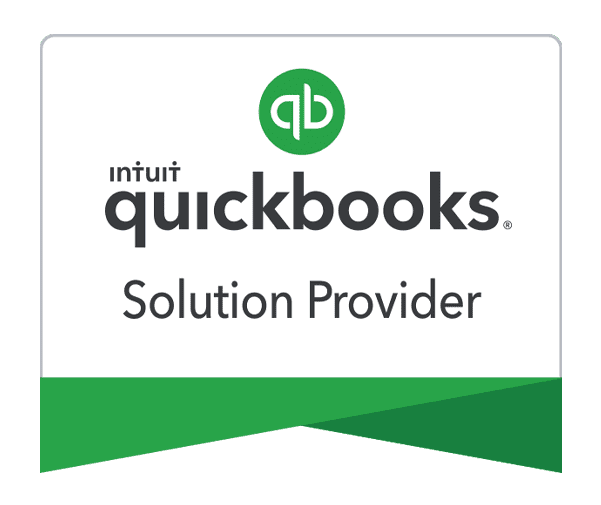
Pete Real
It’s amazing sometimes how much animosity credit cards attract. Consumers grumble about the fees and interest rates—rates that can skyrocket with the least transgression. Merchants gripe (and sometimes sue the card processors) over the fees associated with accepting them. Back in 2006 (before the economic crisis, granted) the U.S. Census Bureau counted nearly 1.5 billion credit cards just in this country. For 2010, in the wake of the recession, the Federal Reserve reported over 20 billion credit card transactions in the course of that year.
At this point it should be fairly obvious that while we may collectively resent the aftermath of using credit cards (fees and interest), we’re nevertheless ready to whip out the plastic with little hesitation. As a merchant, you’ll find it hard to escape accepting cards. With today’s array of card processing solutions, consumers expect even the sidewalk vendor and the mobile service provider to take them. The trick, then, is to minimize what you pay in credit card processing costs. Here we will go over 10 simple ways to lower your credit card processing costs and ultimately reduce the amount that you pay every month in fees. With that being said, lets get started!
1. Understand what you’re buying.
When you get right down to it, credit card processing doesn’t vary much from one merchant service to another. There might be some bells and whistles, but before you pay more for them, make sure they’re something you really need. On the flip side, a dirt-cheap service may offer virtually no “service” at all when push comes to shove.
2. Read the fine print.
There are well over 120 interchange categories—the classifications that determine the cost to process a credit card transaction. These fees go to the card network (Visa, MasterCard, and the rest) and to the issuing bank. The processor—your merchant service—makes its money on an add-on fee. Usually you’re just presented with a “discount rate” that lumps these two together. Moreover, processors like to condense those ten-dozen-plus categories into about three tiers based on the category average. That means you can easily end up paying more than you should.
3. Negotiate, negotiate, negotiate.
Once you’ve read the fine print and know what you’re being charged, it’s time to negotiate exactly what your credit card processing costs will be. Your current merchant processor (or the one whose sales rep is sitting in front of your desk trying to get your business) isn’t the only game in town. Shop around. Choose the best rate, or use a better rate as a negotiating point with your current processor.
4. Watch out for minimums.
Some contracts specify either a minimum fee or additional fees if you fail to process a certain volume each month. Particularly if you are setting up a new business, be wary of these minimum fees.
5. Breaking up shouldn’t be hard to do.
Some merchant service contracts include a cancellation fee. While it’s certainly not a hard-and-fast rule, you have to wonder why a merchant service would charge you money for leaving them. Do they have trouble keeping customers?
6. Think of your terminal like a new car.
The salesperson down at your local dealership would love to add option after option to the new car you’re contemplating and watch the price tick steadily upward. If you’re getting new equipment, no doubt your processor will offer all sorts of cool features. Keep your head—especially if you’re a gadget geek. Make a thoughtful decision about what features you actually need, and don’t pay for the ones you don’t.
7. It’s the 21st century—do you really need hardware?
Though many of us (as in the more—ahem—mature of us) are probably accustomed to the credit card terminal as a fixture next to the cash register, today’s sophisticated point-of-sale (POS) systems can accomplish the same functions with software. Unless there’s some reason to have a separate terminal, don’t pay for one—they aren’t cheap. In fact, upgrading your POS system might be worth it when you consider the other benefits in addition to eliminating that pricey piece of hardware.
8. If you do need hardware, take used over new.
If yours is an established business and you’ve been taking credit cards, you probably have a terminal. If a new processor approaches you with a great deal on credit card processing costs, ask whether your existing terminal can be reprogrammed in lieu of buying a new one. If the answer is no, take a long hard look at what you’re losing in hardware costs compared to what you’re saving in fees. Sometimes the savings magically disappear.
9. Get bigger.
Like a child who can’t grow up as fast as they might want, there’s only so much you can do about the size of your business. But not surprisingly, larger businesses generally receive more favorable credit card processing rates than do smaller ones. Make sure you raise your head from building your business occasionally and look at how far you’ve come. If your credit card sales volume has doubled or tripled since you set up your current processing agreement, make a call to see whether you qualify for a better rate.
10. Get older.
Ditto #9. This only comes with time, but it works the same way. Just as a bank would rather lend to an established business than one with no track record, most merchant processors offer better rates to companies that have been around longer. You become a known quantity in terms of charge-backs, non-qualified transactions, and generally how much cost and effort you represent to the processor.
Credit card processing is a complex business, but for you as the merchant it doesn’t have to be. Unfortunately, the huge variety of card issuers and merchant processors combined with the array of transaction categories established by the card networks make hacking through the fee structure an unenviable task. Just as you would when evaluating a loan or a new credit card, take the time to read carefully and ask questions—and shop around.
- cheap credit card processingcredit card interchangehigh merchant services rates and feesintegrated merchant serviceslow cost credit card processinglow cost merchant serviceslower merchant services costslower merchant services rates and feesreduce expensive credit card processingreduce merchant services feesreduce rates and feessave money credit card processingsave money on merchant services
















